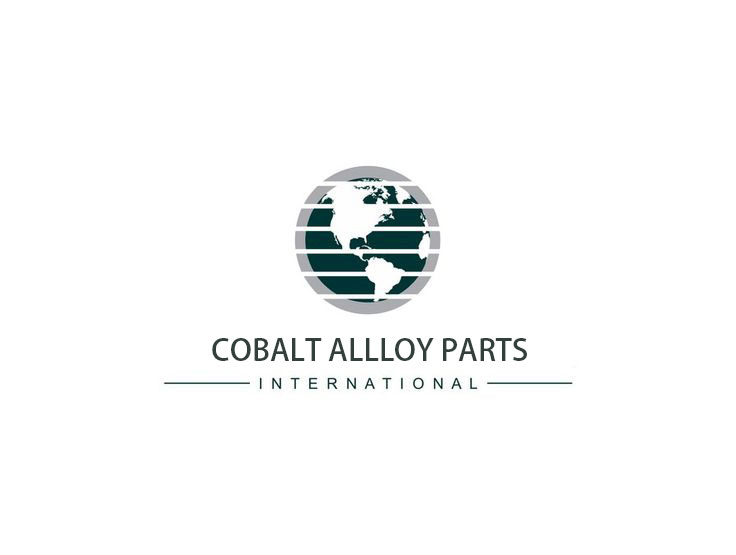
The Application of Cobalt Alloys in Aerospace Engines
2025-08-14 09:00The operation of Aerospace engines, from high-temperature, high-pressure combustion chambers to high-speed rotating turbine components, tests the performance of materials at every stage. With their unique material properties, cobalt alloys have become the core component material ensuring the stable operation of engines, particularly cobalt alloy 6.
Internal Core Components of Aerospace Engines
The internal core components of aerospace engines are subjected to extreme environmental conditions. Turbine blades rotate at thousands of revolutions per minute in temperatures ranging from 800 to 1100°C, withstanding high temperatures and enduring continuous wear caused by sand and dust particles carried by high-speed gas flows. Over time, the blade surfaces are highly susceptible to damage.
As the core area where fuel burns, the combustion chamber has extremely high internal temperatures. The combustion gases also contain large amounts of corrosive components such as oxygen and sulfur compounds, which continuously corrode the combustion chamber walls.
Valves must open and close frequently in sync with engine operation. In high-temperature environments, they must withstand friction from mechanical movement while also coping with extreme temperature changes during startup and shutdown, making them prone to failure due to excessive thermal stress.
Bearings and sealing surfaces endure friction and vibration from continuous relative motion. Once excessive wear occurs, it may impair the engine's overall operational efficiency.
Cobalt alloy 6 is a material suitable for multiple components.
Facing the stringent requirements of aerospace engine components, cobalt alloy 6 has demonstrated excellent adaptability. In the manufacture of turbine blades, the introduction of cobalt alloy 6 allows the blades to maintain stable performance under high-temperature, high-pressure, and continuous wear conditions, effectively extending the replacement cycle of the blades. After adopting Cobalt Alloy 6 for the combustion chamber, its corrosion resistance has been significantly enhanced, enabling it to maintain structural integrity under the erosion of high-temperature gases and providing reliable support for the engine's continuous operation. Using cobalt alloy 6 for valves, leveraging its excellent thermal shock resistance, enables them to withstand frequent temperature changes and mechanical friction, reducing the likelihood of failures. Using cobalt alloy 6 for bearings and sealing surfaces effectively reduces the coefficient of friction, minimizes wear between components, and enhances the engine's operational stability.
Performance of Cobalt Alloy 6
Cobalt alloy 6 plays a crucial role in aerospace engines because of its unique properties. Regarding high-temperature wear resistance, the stable intermetallic compounds and carbides formed within it act like a robust protective shield, enabling it to achieve a hardness of HRC 40-45 at room temperature. Even in high-temperature environments, the hardness degradation is extremely slow, making its wear resistance far superior to that of ordinary steel and nickel-based alloys, and capable of easily withstanding the wear challenges faced by components such as turbine blades.
The 27-32% chromium content reacts with oxygen at high temperatures, forming a dense chromium oxide (Cr₂O₃) protective layer. This layer adheres tightly to the material's surface, acting as a robust barrier to effectively block high-temperature oxidation and corrosion from combustion gases, significantly extending the lifespan of components like combustion chambers.
Cobalt alloy 6 maintains stable tensile strength and impact resistance even at high temperatures. This means it does not easily crack or fracture under severe thermal shocks during engine startup and shutdown, or during high-frequency vibrations during operation, providing a solid foundation for safe engine operation.
Additionally, Cobalt Alloy 6 features a low coefficient of friction and high anti-seizing properties. These characteristics make it particularly effective in applications such as bearings and sealing surfaces, where it can significantly reduce friction-induced wear, minimize energy loss, and enhance the overall operational efficiency of the engine.
In summary, Cobalt Alloy 6 plays a crucial role in numerous critical components of aerospace engines due to its exceptional performance characteristics.
